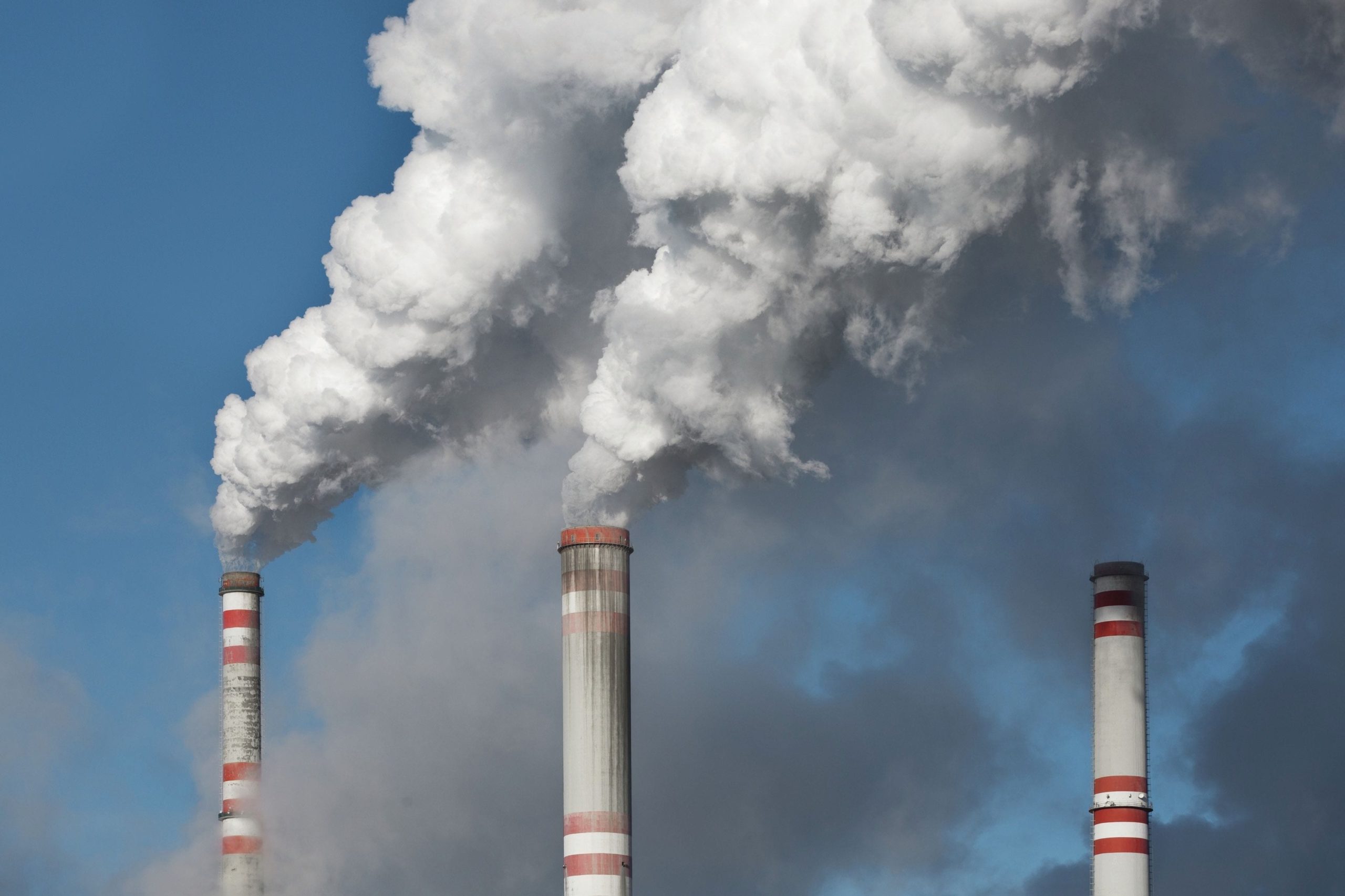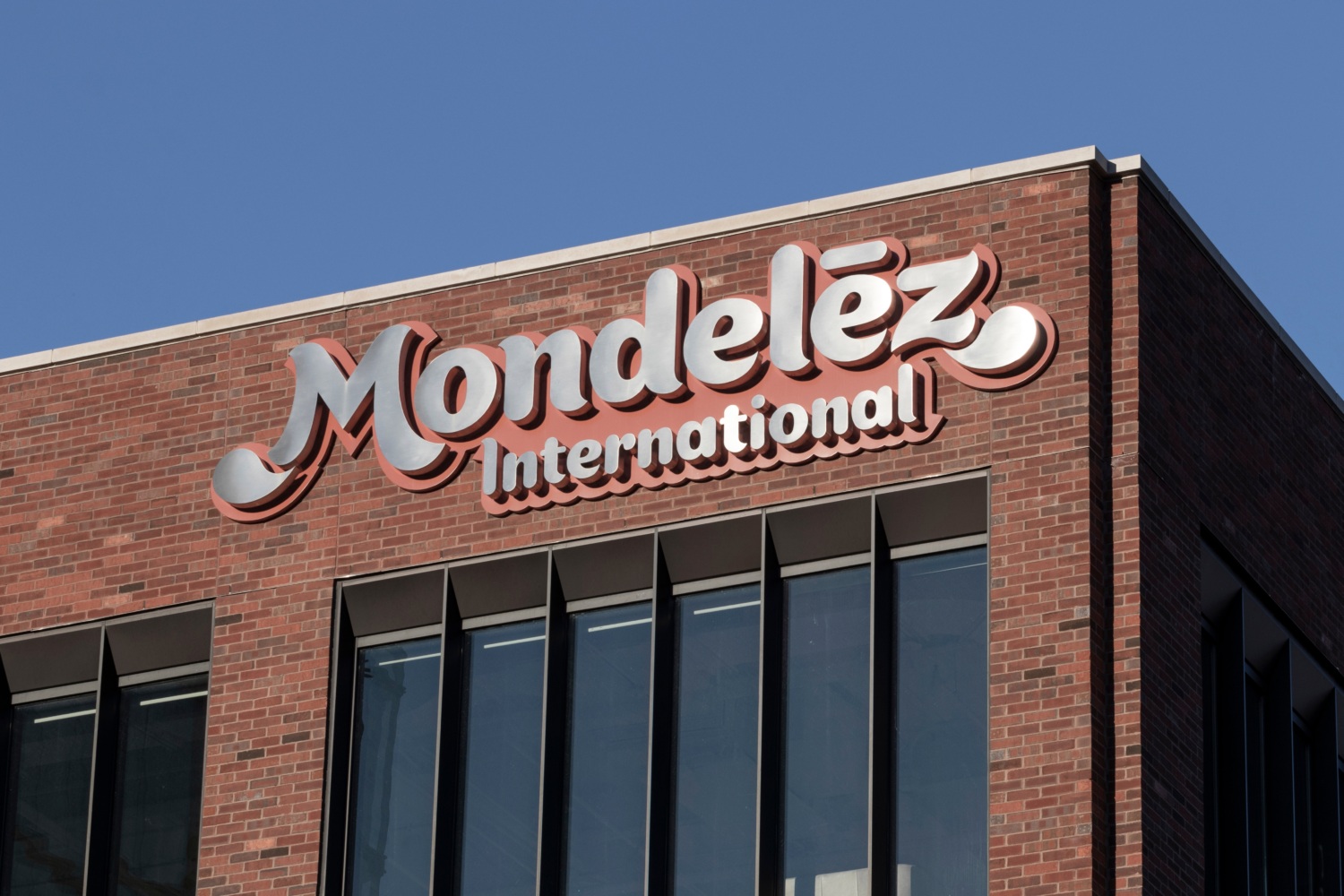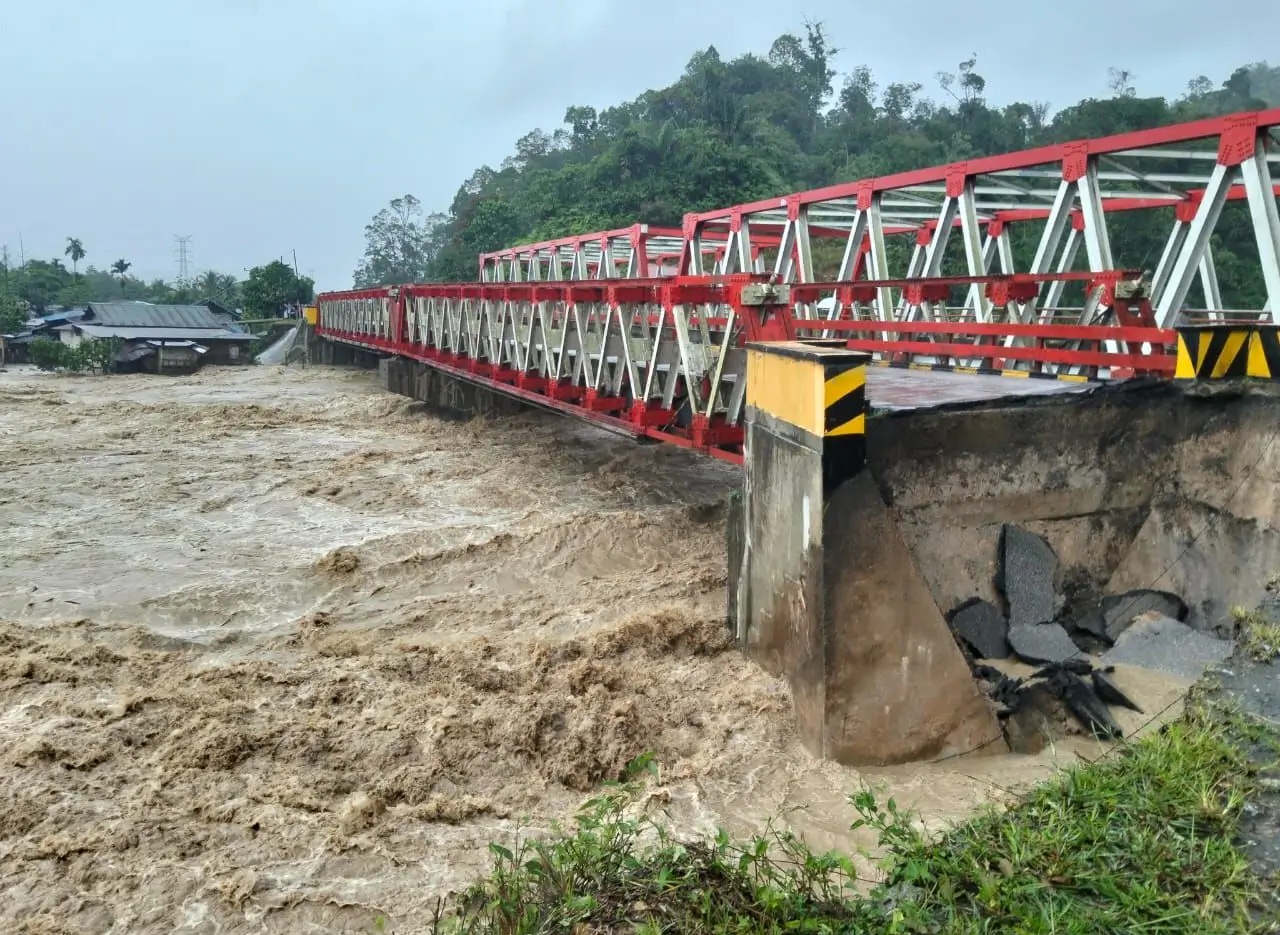
Ten Reasons Why Sumitomo’s Matarbari Coal Plant is a Terrible Idea
A climate disaster in the form of an over-budget, behind-schedule boondoggle
Bangladesh, already at the mercy of climate change’s rising sea levels and increasingly severe tropical cyclones, has turned to Japan for help building its energy infrastructure. But despite Bangladesh’s commitment to using 100 percent renewable energy, the Japanese government and Sumitomo Corporation are proceeding with the construction of a new coal power plant in Matarbari, next to Bangladesh’s major coastal tourist area. Unbelievably, Japan’s government is considering whether to finance yet another coal plant in Matarbari.
The first Matarbari coal plant is a disaster – it is expensive, a bad investment, and an embarrassment to Sumitomo and Japan. Here are ten reasons why a second plant should never see the light of day.
The Matarbari coal project is:
1. A mismanaged money pit
The project was already 30% over budget and at least a year behind schedule before the global pandemic hit.1 In a desperate bid to defray the project’s high costs, Japan is considering doubling-down on a bad investment and building an additional coal plant in Matarbari.2 Japan’s Ministry of Foreign Affairs is expected to decide whether to proceed with an additional plant this summer.
2. Destroying the value of the “Made in Japan” label
For decades, “Made in Japan” has long meant precision craftsmanship at reasonable prices, but that is not what Sumitomo Corporation is planning for Bangladesh. The Matarbari coal plant units 1 & 2 will use unnecessarily polluting technology that would never be allowed in Japan, polluting up to 21 times the amount of SO2 and 10 times the amount of deadly particles than an average new coal plant in Japan.3 Why is Japan dumping dirty technologies in developing countries?
| Matarbari | Van Phong I | Japan (median emissions 25 units post 2012) |
| 820 mg/Nm3 for SO2 | 360 SO2 | 38mg/Nm3 SO2 |
| 460 mg/Nm3 for NOx | 300 NOx | 54 mg/Nm3 NOx |
| 50 mg/Nm3 for particulate matter | 47 mg/Nm3 for particulate matter | 5mg/Nm3 for particulate matter |
3. Bad for health
The excessive pollution from the Matarbari coal plant units 1 & 2 would put nearby communities significantly over WHO health guidelines for concentrations of air pollution. Air pollution contributes to respiratory diseases and even premature death.4 The construction of additional coal plants would further pollute the air and water.
4. A dirty debt trap
The Matarbari coal plant units 1 & 2 resulted from a non-competitive bidding process, a sweetheart deal that includes up-front financing from the Japanese government and construction carried out by Sumitomo Corporation, a Japanese company.5 Japan’s assistance comes at a price — local media reported the cost of electricity from this plant is anticipated to be excessively high due to the construction delays, cost overruns and related coal infrastructure needed. If Japan doubles down on this project to try to defray costs, it would lock Bangladeshis into a high debt, high carbon and high pollution future.
5. More expensive than renewable energy alternatives
Japan could use its technological knowhow to help Bangladesh transition to a clean, renewable energy future. Energy analysts found that solar power would not only be cleaner, but also a far cheaper approach than coal for Bangladesh, with the levelized electricity cost of solar PV estimated at $91/MWh (USD) compared to an average coal cost of $110/MWh,6 and the Matarbari Units 1 & 2 reported to produce electricity at a staggering $135/MWh (or 13.5 cents/KWh).7 Bangladeshi ratepayers should not be saddled with high energy costs when their country has an abundance of solar potential.
6. A source of new climate changing emissions in a nation vulnerable to climate impacts
Matarbari Units 1 & 2 are under construction, with the Japanese government considering financing two more coal units. This is ironic, as Bangladesh is particularly vulnerable to the effects of climate change, especially sea level rise and flooding, and has joined countries in similar circumstances as part of the Climate Vulnerable Forum.
7. Bad for workers
Bangladeshi news sources have reported that construction workers for Matarbari Units 1 & 2 went on strike after being forced to work during a national lockdown for COVID-19.8 Sumitomo Corporation should ensure that its partners and contractors respect workers’ rights and health, especially during a global pandemic. This double-standard is especially hypocritical as Sumitomo Corporation’s 4000 Japanese employees were directed to work from home starting on March 1,9 well before a state of emergency was declared for the Tokyo region on April 7, 2020. Sadly, this behavior is unsurprising, as Sumitomo has weaker protections for human rights than its Japanese trading company peers10 and only established a basic human rights policy this May.11
8. Against Japan’s climate commitments
Japan’s participation in the Paris Agreement led the Cabinet to adopt a policy in 2019 to develop infrastructure which helps contribute to global reductions of CO2 emissions. It is inconsistent for the Japanese government and Japanese companies like Sumitomo continue to build coal plants abroad. Furthermore, as Bangladesh has affordable clean energy alternatives, the proposed Matarbari coal plant does not meet the test laid out in Japan’s Fifth Strategic Energy Plan (2018) that new coal would be considered: “only for countries that have no choice but to select coal as a key source of energy from the viewpoints of energy security and economic efficiency.”12
9. Bad for local residents
Densely populated, an estimated 90,000 people lived on Matarbari and relied upon shrimp farming and salt cultivation for their livelihoods. That changed in 2013 when communities were forced into a land acquisition process for 5,000 acres to make way for the new coal plants and related coal infrastructure. A survey of residents found many were unable to take part in compensation programs, not provided with alternative employment, and left without their place of work or homes.13 Advocates note that these delays in compensation, alternate housing, and employment do not meet the Japan International Cooperation Agency’s Guidelines for Environmental and Social Considerations.14
10. Bad for the tourist economy
Matarbari Island, the site of the project, lies near Bangladesh’s Cox’s Bazar, an area beloved by tourists for its natural beauty, long sandy shorelines, wildlife sanctuaries, marine reserve, and national parks.15 Air pollution and water pollution from these new coal plants threaten the long-term viability of Cox’s Bazar as a tourist destination and damage the potential for future economic development.
The world is watching to see what Japan will do. Will Bangladeshis be locked into a dirty debt trap with high electricity prices, high air pollution and high global warming pollution? A coalition of organizations in Japan, Bangladesh and across the world are calling upon on the Japanese government to reject financing for a second coal plant at Matarbari.16 For the sake of the company’s reputation, Sumitomo Corporation should withdraw from its role managing and building the Matarbari coal plants.
Sign our petition and tell Sumitomo to be a climate leader, not part of the problem
—
[1] “Matarbari Power doesn’t bother to disclose Tk10,000cr cost hike.” The Business Standard. Dec. 21, 2019. https://tbsnews.net/bangladesh/energy/matarbari-power-doesnt-bother-disclose-tk10000cr-cost-hike
[2] “Plan to construct 2nd power plant to reduce cost of Matarbari project.” Energy Bangla. May 31, 2019.
http://energybangla.com/plan-to-construct-2nd-power-plant-to-reduce-cost-of-matarbari-project/
[3] Greenpeace Southeast Asia and Greenpeace Japan. A Deadly Double Standard — How Japan’s Financing of Highly Polluting Overseas Coal Plants Endangers Public Health. Aug. 20, 2019. p 19. https://www.greenpeace.org/southeastasia/publication/2887/double-standard-how-japans-financing-of-highly-polluting-overseas-coalplants-endangers-public-health/
[4] A Deadly Double Standard. p. 23, 24.
[5] The tourist capital of Bangladesh is endangered by plans to build the largest coal power hub in the world. p. 24
[6] Shirashi, Kenji, Daniel Kammen, et. al. “Identifying High Priority Clean Energy Investment Opportunities for Bangladesh.” International Centre for Climate Change and Development. Feb. 18, 2018. p. 2. http://www.icccad.net/wp-content/uploads/2014/05/Identifying_investment_Opportunities-for-clean-energy-options-in-Bangladesh.pdf
[7] “Plan to construct 2nd power plant to reduce cost of Matarbari project.”
[8] Samakal News link
[9] Sumitomo Corporation. “Announcement of Work from Home for All Employees” (COVID-19 countermeasure) News Release. https://www.sumitomocorp.com/ja/jp/news/important/group/20200228
[10] Human Rights Now. “Survey Results and Report Regarding 7 General Trading Companies’ Human Rights Policy and Implementation Status.” Feb. 2020.
Japanese: http://hrn.or.jp/news/17225/
English overview: https://hrn.or.jp/eng/wp-content/uploads/2020/03/HRN-Report-on-Japanese-Trading-Companies-and-Human-Rights.pdf
[11] https://www.sumitomocorp.com/en/jp/sustainability/csr#02
[12] Fifth Strategic Energy Plan (Provisional Translation), July 2018. p. 72. https://www.enecho.meti.go.jp/en/category/others/basic_plan/5th/pdf/strategic_energy_plan.pdf
[13] The tourist capital of Bangladesh is endangered by plans to build the largest coal power hub in the world. p. 23-26
[14] Japan Center for a Sustainable Environment and Society (JACSES). “Factsheet: Matarbari Ultra Super Critical Coal-Fired Power Project (Bangladesh).” Aug. 2019. https://sekitan.jp/jbic/wp-content/uploads/2019/08/Matarbari-Factsheet-20190801_EG.pdf
[15] Bangladesh Poribesh Andolon (BAPA), Waterkeepers Bangladesh. The tourist capital of Bangladesh is endangered by plans to build the largest coal power hub in the world. Nov. 2019. p. 2, 13.
[16] “Demand letter to the PM Abe: Don’t finance the phase 2 of Matarbari coal-fired power project in Bangladesh” No Coal Japan website. Apr. 6, 2020. http://www.nocoaljapan.org/demand-letter-to-the-pm-abe-dont-finance-the-phase2-of-matarbari-in-bangladesh/


